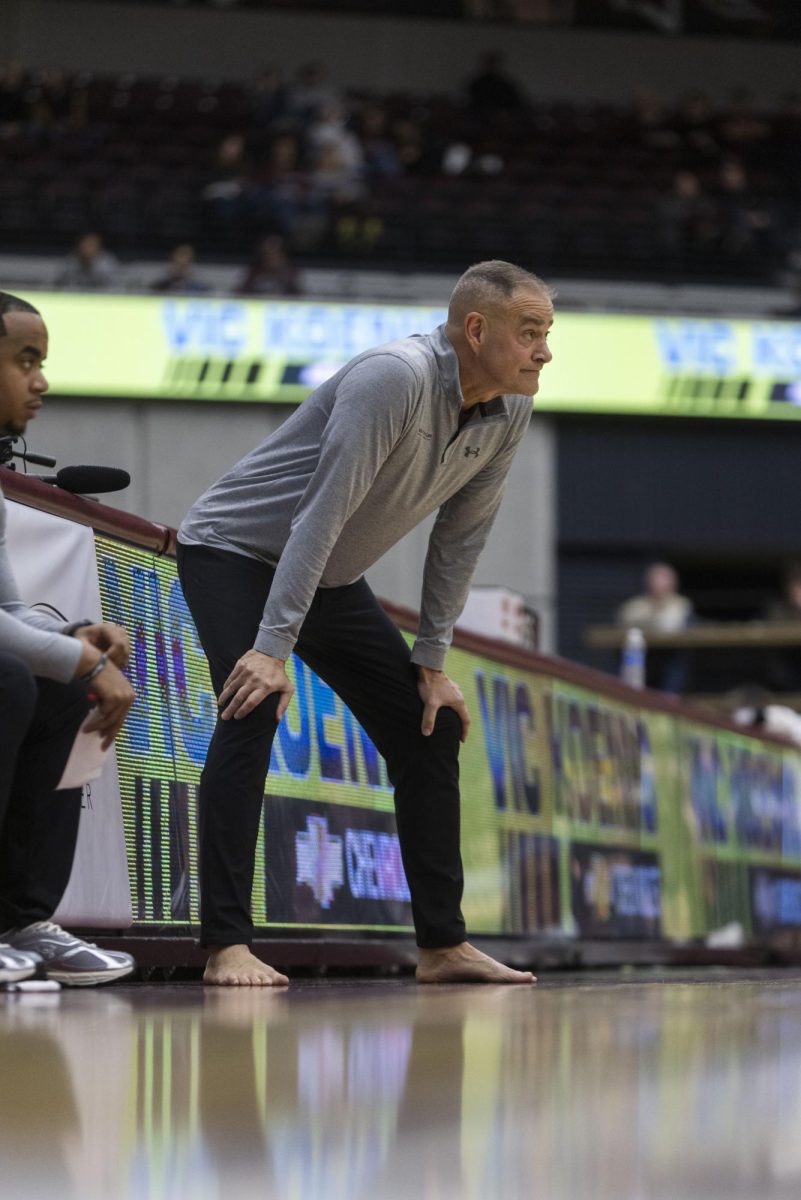Bridging the gap between the LGBTQ community and athletics
October 21, 2015
Considered the nation’s “original gay day,” Out at Wrigley has been an annual event since 2001. A section of the stands is filled with LQBTQ men and women, many of whom come out at the event held at the home of the Chicago Cubs.
The university’s Center for Inclusive Excellence and LGBTQ Resource Center are hosting their own variation of Out at Wrigley, called Out@Davies, at 7 p.m. Friday during the SIU women’s volleyball match versus Drake in Davies Gym.
The event attempts to bridge the gap between the LGBTQ community and athletics, said Torrie Hammond, a junior from Columbus, Ohio, studying geology.
Advertisement
Hammond is the vice president of the Saluki Rainbow Network, a registered student organization that provides services, support and educational outreach to the LGBTQ community on campus.
Tom Weber, associate athletic director for communications and head sports information director, said the Center for Inclusive Excellence asked athletics if they would sponsor a volleyball match. To his knowledge, he said, this is the first event of its kind at SIU.
Extra security was offered for the game, however, the event organizers declined the offer in hopes to not deter fans from attending the match.
“We just want it to be a regular game that happens to have a bunch of queers at it,” said Hammond, who believes in general, there is a huge gap between the LGBTQ community and athletics.
Ariel Carstens, a senior from Marion studying pyschology and information systems technologies, helped found the quidditch team on campus her first year at the university.
As a member of the transgender community, she wanted the quidditch team to be inclusive for everyone, regardless of sexuality or gender.
“Quidditch is the only full contact coed sport and it is also completely gender, sexuality, identity friendly,” Carstens said.
Advertisement*
Carstens said she believes university sports clubs are much more accommodating to the LGBTQ community than the Department of Athletics as a whole.
“As far as our student-athletes are concerned, we’re about athletics and competition and sports,” Weber said.
However, Hammond said there is always room to improve when it comes to support of the LGBTQ community, and has heard of athletes experiencing bullying and harassment.
Weber said he thinks Saluki Athletics is accommodating to everyone.
“All individuals are welcome in Saluki Athletics. That’s who we are,” Weber said. “One of the strengths of athletics is you bring a bunch of people from different backgrounds together for a common purpose and that’s sports. That’s competition.”
The 2012 Campus Pride LGBQT National College Athlete Report revealed 39 percent of LGBTQ college athletes have felt harassed because of their sexual identity, according to a 2014 article by the Huffington Post.
“Athletics is a diverse community of individuals, and we are very inclusive when we work and compete together and those kind of things never come up in athletics,” Weber said.
Carstens said because of their identity, many players have approached her about being reluctant to join a sports team.
“Really, it comes down to the traditional sports culture being a stereotyped, straight atmosphere,” Carstens said. “The whole athletic-jock stereotype is a very straight one.”
Hammond said athletics has been supportive of the event.
“Whether or not you’re part of the LGBTQ community, you should still go out, because just having people there shows a huge amount of support,” Carstens said. “We really get things done when people in leadership positions start realizing it’s not just the people at the Saluki Rainbow Network that care.”
Anna Spoerre can be reached at [email protected] or @ASpoerre_DE
Advertisement







